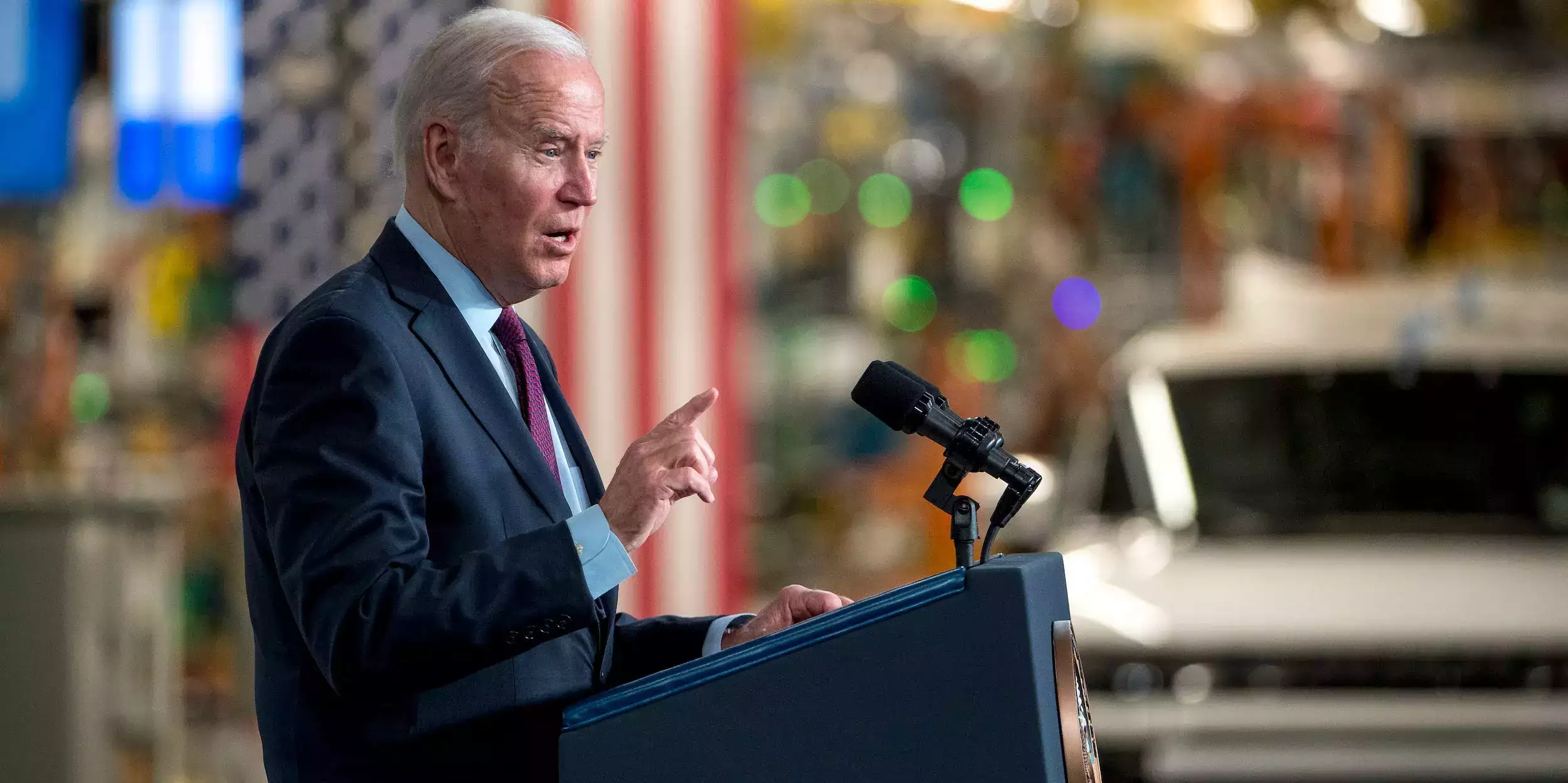Telecom industry body COAI is standing by its proposal to impose fair-share charges on Over the Top (OTT) service providers, such as Disney Hotstar, Netflix, and Amazon Prime. COAI refutes claims that this move would compromise net neutrality or result in additional costs for customers. The dispute between OTTs and telco bodies, including COAI, has been ongoing for several weeks. COAI argues that Large Traffic Generators (LTGs), responsible for 70% of internet traffic, should contribute to the telcos. LTGs utilize Telecom Service Provider (TSP) networks for their services without supporting the development and maintenance of robust telecom infrastructure, explains Lt Gen Dr S P Kochhar, Director General of COAI. However, COAI’s proposal has sparked criticism from the Broadband Forum, which believes that excessive regulation of OTTs would be counterproductive. The Broadband Forum argues that such regulation would stifle innovation, discriminate against smaller entities and startups, and violate net neutrality guidelines. Net neutrality is a principle that ensures equal access to all internet content without preferential treatment. Indian telcos are obligated by their license conditions to uphold net neutrality, and COAI asserts that its fair-share charge proposal does not impede open and free internet access. According to COAI, consumers will not experience any changes in terms of content accessibility or traffic management/differentiation based on whether or not a traffic generator is subject to fair-share payments. The industry body posits that the fair-share approach will incentivize more efficient data handling without sacrificing customer experience. COAI also highlights that OTTs have control over factors such as traffic volumes, compression techniques, and quality adjustment during network congestion. Furthermore, COAI clarifies that its proposal exempts startups, MSMEs, and small enterprises, solely targeting LTGs that generate disproportionately high traffic volumes.

I have over 10 years of experience in the cryptocurrency industry and I have been on the list of the top authors on LinkedIn for the past 5 years. I have a wealth of knowledge to share with my readers, and my goal is to help them navigate the ever-changing world of cryptocurrencies.











